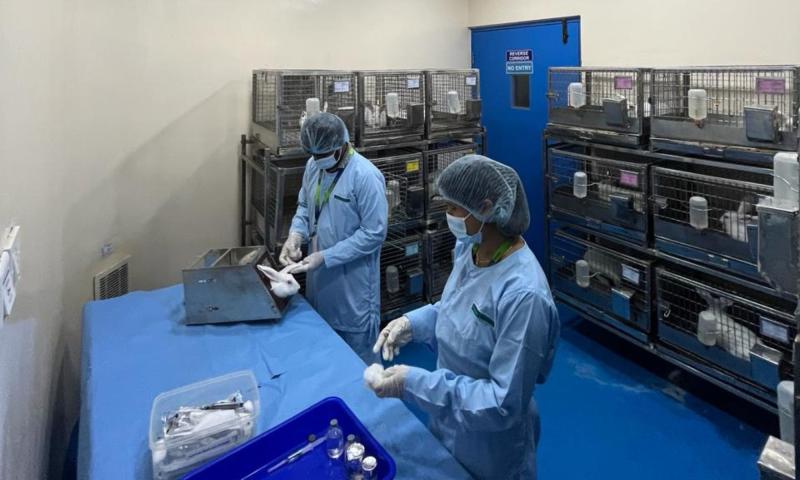Nonclinical Trials: Ensuring Safety Before Human Testing

Nonclinical trials are an essential phase in the development of new drugs, medical devices, and other therapeutic interventions. Before any new treatment is tested on humans, it must undergo rigorous evaluation in nonclinical trials to ensure its safety and efficacy. This process helps to identify potential risks, determine appropriate dosage levels, and understand the pharmacological effects of the intervention.
What Are Nonclinical Trials?
Nonclinical trials, also known as preclinical trials, are conducted in a laboratory setting, often involving in vitro (test tube or cell culture) and in vivo (animal) studies. These trials are crucial in gathering data about the biological activity, toxicity, and pharmacokinetics (how a substance is absorbed, distributed, metabolized, and excreted in the body) of a new drug or device. The primary goal of nonclinical trials is to ensure that the product is safe enough to proceed to human clinical trials.
The Importance of Nonclinical Trials
The importance of nonclinical trials cannot be overstated. They serve as the foundation for all subsequent phases of clinical research. Without the data obtained from nonclinical studies, it would be impossible to assess the potential risks to human participants in clinical trials. Moreover, regulatory agencies like the FDA (Food and Drug Administration) and the EMA (European Medicines Agency) require comprehensive nonclinical data before granting approval to start clinical trials.
One of the key aspects of nonclinical trials is the assessment of toxicity. Toxicology studies are designed to identify any adverse effects a new drug or device might cause. These studies help to determine the safe dosage range and identify any potential side effects that could occur at higher doses. By identifying these risks early, researchers can make informed decisions about whether to proceed with further development or make modifications to the product.
Nonclinical Trials and Regulatory Approval
Before a new drug or device can be tested in humans, the results of nonclinical trials must be submitted to regulatory authorities. These agencies review the data to ensure that the proposed clinical trials are justified and that the potential benefits outweigh the risks. The data from nonclinical studies must demonstrate that the product is reasonably safe for testing in humans and that it has the potential to be effective in treating the targeted condition.
Nonclinical trials also play a critical role in the regulatory approval process for new products. The data generated during these trials are used to support the application for an Investigational New Drug (IND) or Investigational Device Exemption (IDE), which are necessary to begin clinical trials in humans. Without strong nonclinical data, regulatory authorities are unlikely to approve an IND or IDE, effectively halting the development process.
Challenges in Nonclinical Trials
Despite their importance, nonclinical trials face several challenges. One of the main challenges is the translation of results from animal models to humans. While animal studies provide valuable insights, they do not always perfectly predict human responses. Therefore, the data obtained from nonclinical studies must be interpreted with caution, and additional research may be needed to confirm findings in humans.
Another challenge is the ethical considerations associated with animal testing. While nonclinical trials are necessary for ensuring safety, there is a growing emphasis on reducing the use of animals in research. This has led to the development of alternative methods, such as in vitro testing and computer modeling, which can complement or even replace certain aspects of animal testing in the future.
Conclusion
In conclusion, nonclinical trials are a critical component of the drug and device development process. They provide essential data on safety, efficacy, and toxicity, helping to ensure that new products are safe for human testing. Despite the challenges they face, nonclinical trials remain indispensable in the journey from laboratory research to market approval, ultimately ensuring that new treatments are safe and effective for patients.





Comments